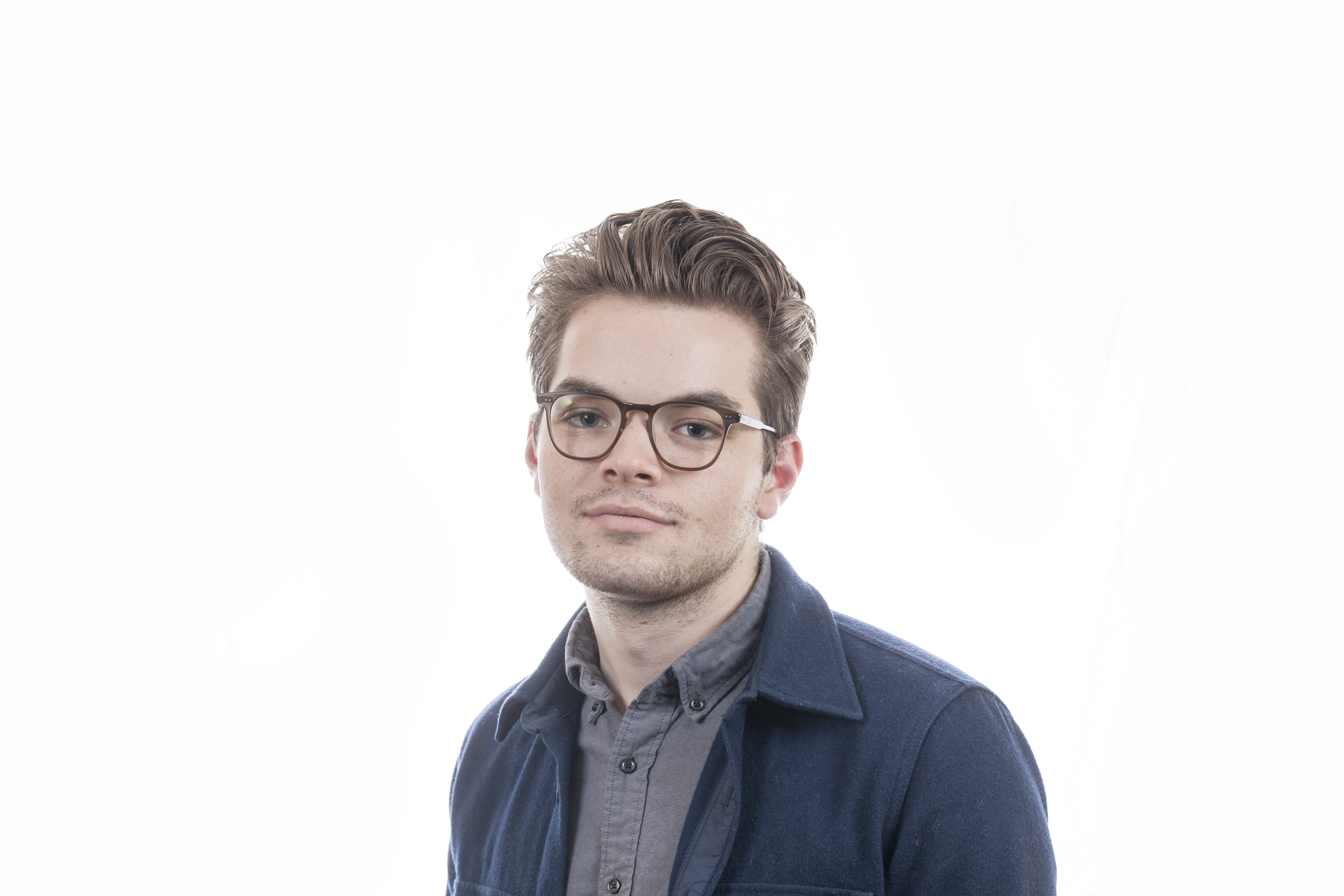Systems of addiction

Understanding the many addictions in our life
We’re all addicts.
Some more evidently and some more severely, but it is hard to deny there isn’t something — a habit or a vice — that prevents us from living out our desires. Addiction is a condition defined as a pleasurable act, from ingesting a substance to participating in an activity, that begins to “interfere with ordinary life responsibilities.” Substance abuse affects our social lives to varying degrees.
The smell of tobacco may put off some, while slurred speech and a staggering step will categorize someone as a drunk, doper or druggie. But within these clear and drawn addictions are smaller, nearly invisible habits that lack the evident social ramifications of others, while still affecting our ability to live.
In fact, these invisible addictions are present within even the most innocent and straight-edged individual.
Take pornography for example. It is drilled into our heads from an early age — particularly in adolescent males — that both pornography and masturbation are nearly essential activities for growth, exploration and sexual education.
The issue arises when these actions are normalized to the extent people become extreme, debilitating practitioners, without facing the social ramifications of more visible addictions. Even the most casual of pornography users fail to realize their dependence on the medium; it is only when they break their systematic schedule that their addiction is revealed. If you don’t believe it, and you are a daily or bi-daily porn user, try not watching porn. You may think it will be easy, because hey, you’ve never “craved” porn, but after just a few days you will likely be aching to see just one picture.
Ignorance to our own addictions is simply due to normalization.
When cravings are systematically satisfied, they really don’t feel like cravings at all. They become routine.
But really, what’s so bad about porn? Well for starters, it risks distorting our view of sexual expectations, and for some, affects the ability to seek out a significant other. Many lack the drive to have a relationship because their sexual desires are satisfied by pornography, while social desires are separately satisfied by friendship. That’s not to say that porn is evil. The reason we fall into these debilitating routines is because as humans, we are wired to follow systems. It eases our minds to know exactly when and how we will seek pleasure.Even the most innocent drink can be seen as addiction.
Every time you watch the game or movie, you may crack a beer or mix up a cocktail. But often, the ramifications of a simple drink are overlooked.
Upon returning from the game, lowered inhibitions relinquishes guilt to fulfill important responsibilities. The difference between a blood alcohol content of 0 and 0.2 may be the difference between completing an assignment, replying to an important email or even eating a healthy meal.
Alcohol, certainly at this point of our lives, is deemed innocent in measly quantities, even though it has the capacity to waver the path to achievements. I’m not saying stop drinking altogether or to even change your drinking habits at all.
But it’s important to be cognizant of the mechanics of our lives, and how they affect our ability to have desired outcomes. All inputs and outputs ought to be analyzed and dissected, no matter their normalization in our public sphere. Even poor scheduling, skipping class or bad grades are rooted in addiction, albeit not entirely.
Procrastination isn’t simply an unshakeable habit, but rather supported by our indelible addiction for stimuli and entertainment. “The Netflix effect,” as I put it, impedes anyone from eating a basic meal without Grey’s Anatomy playing in the background.Our addiction to entertainment often supersedes our obligations, thus affecting our ordinary life responsibilities.
The issue is, some people could ingest all the alcohol, porn or entertainment they want while still following an unflinching path to achievement. It’s a shitty reality, but with varying degrees of efficacy across the board, some can’t afford to be as addicted as others.

